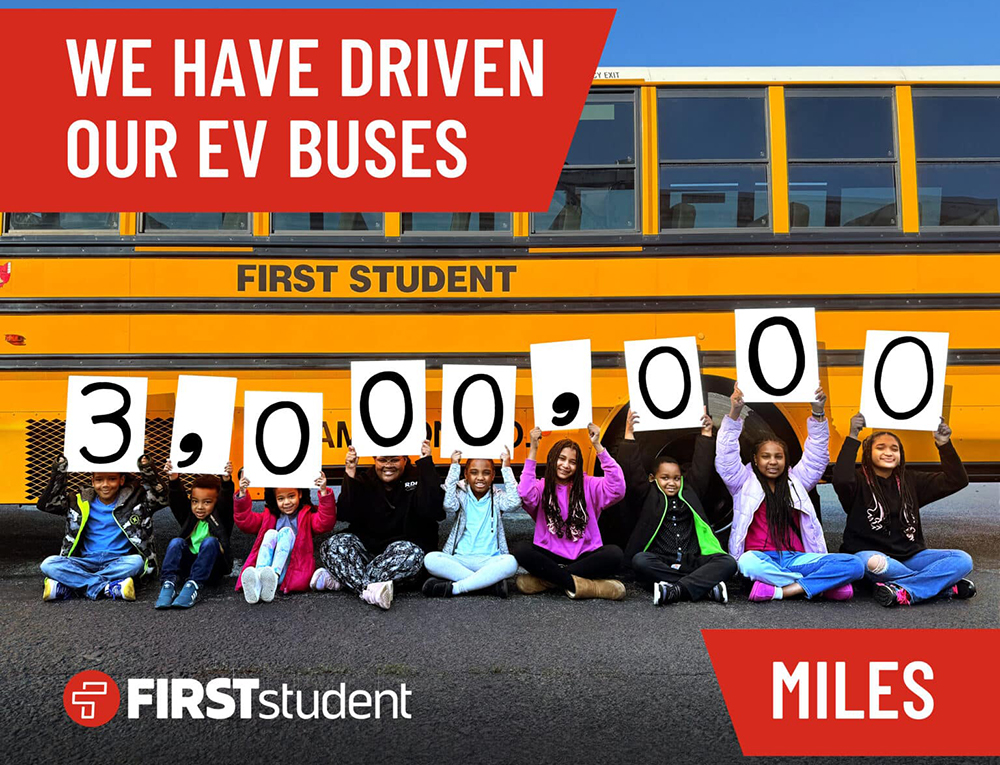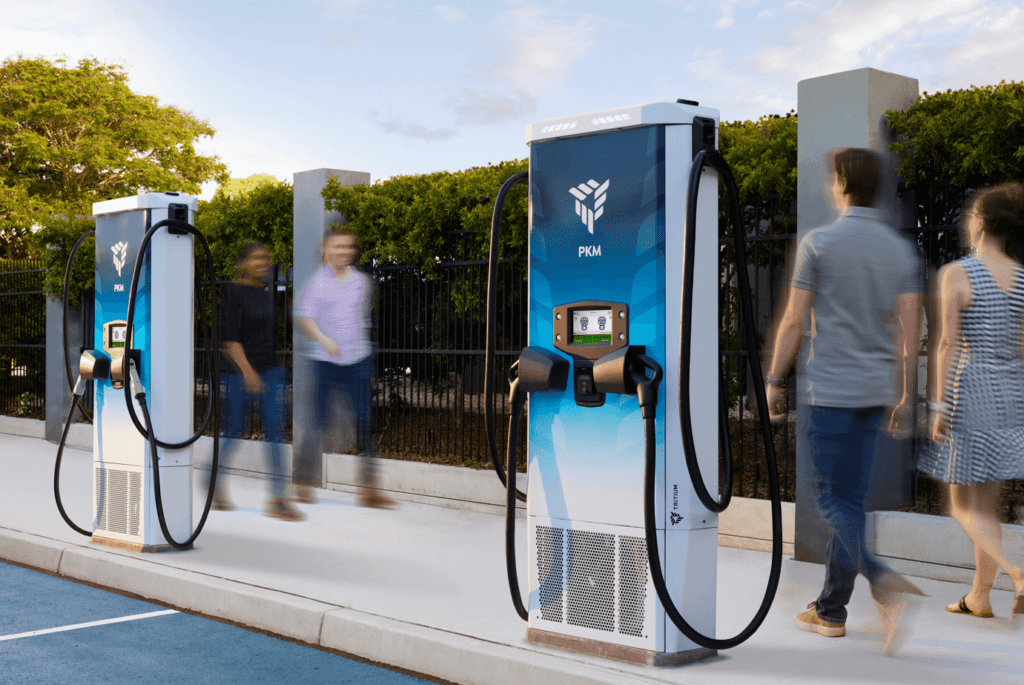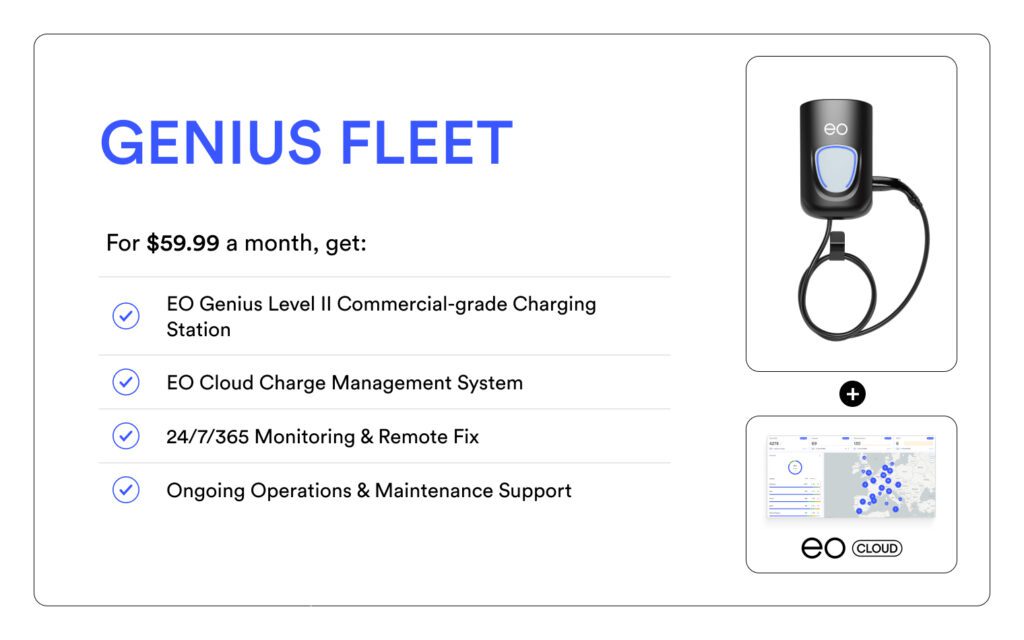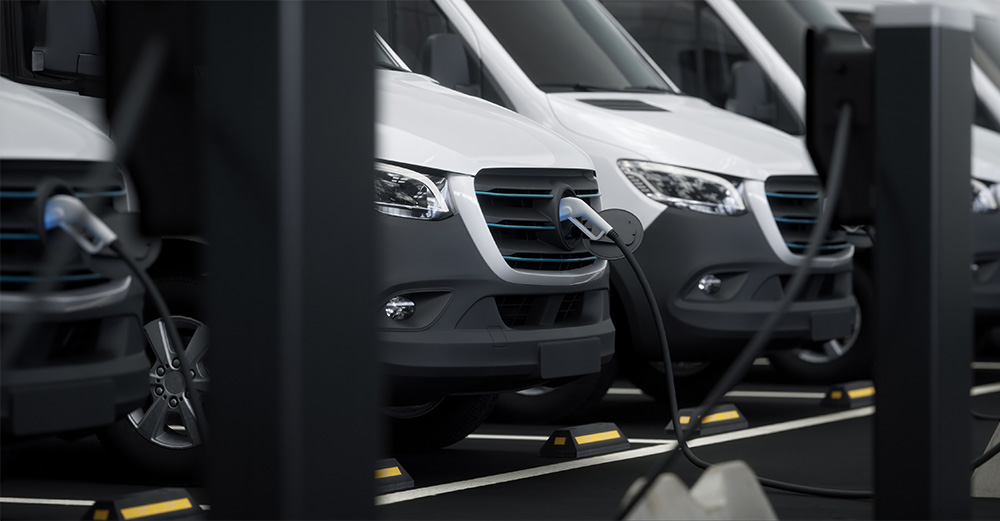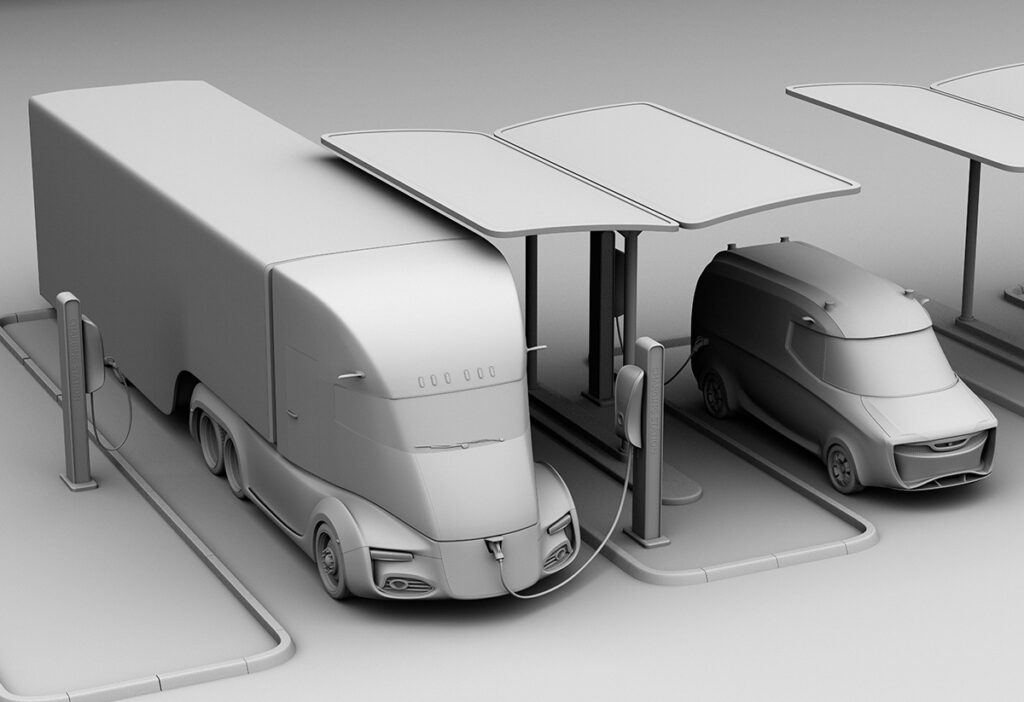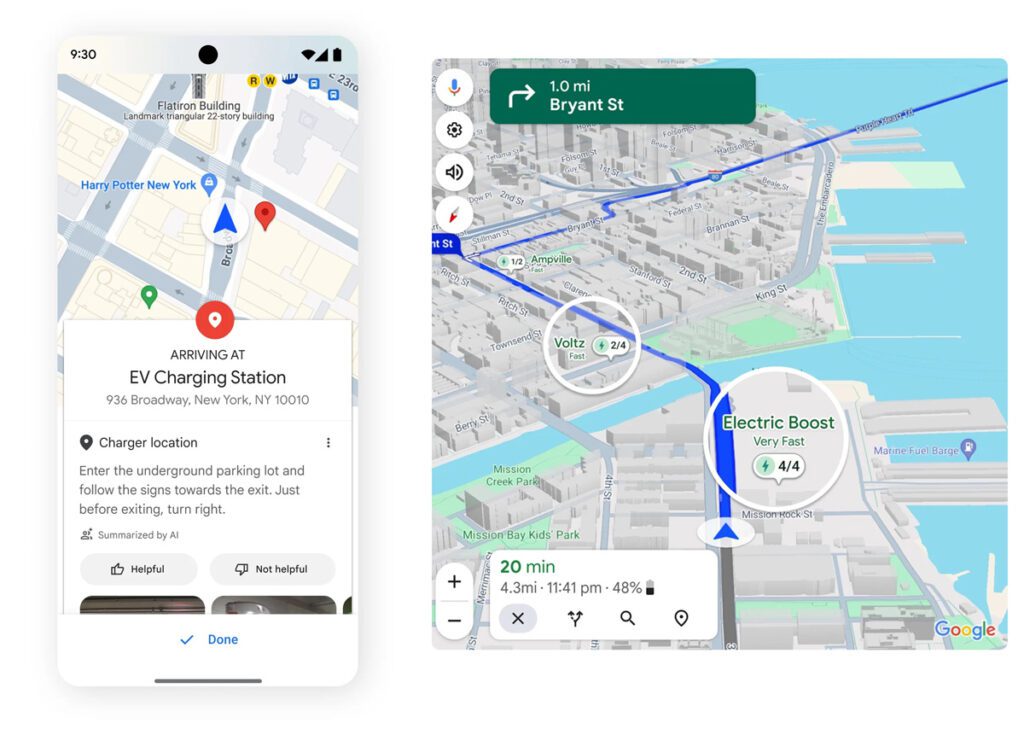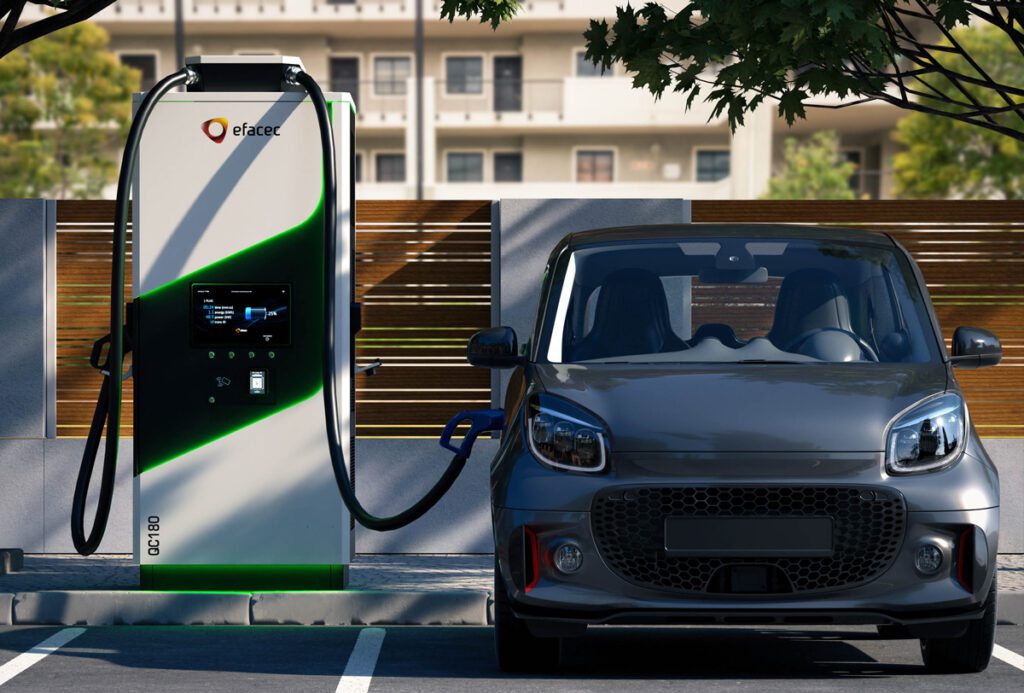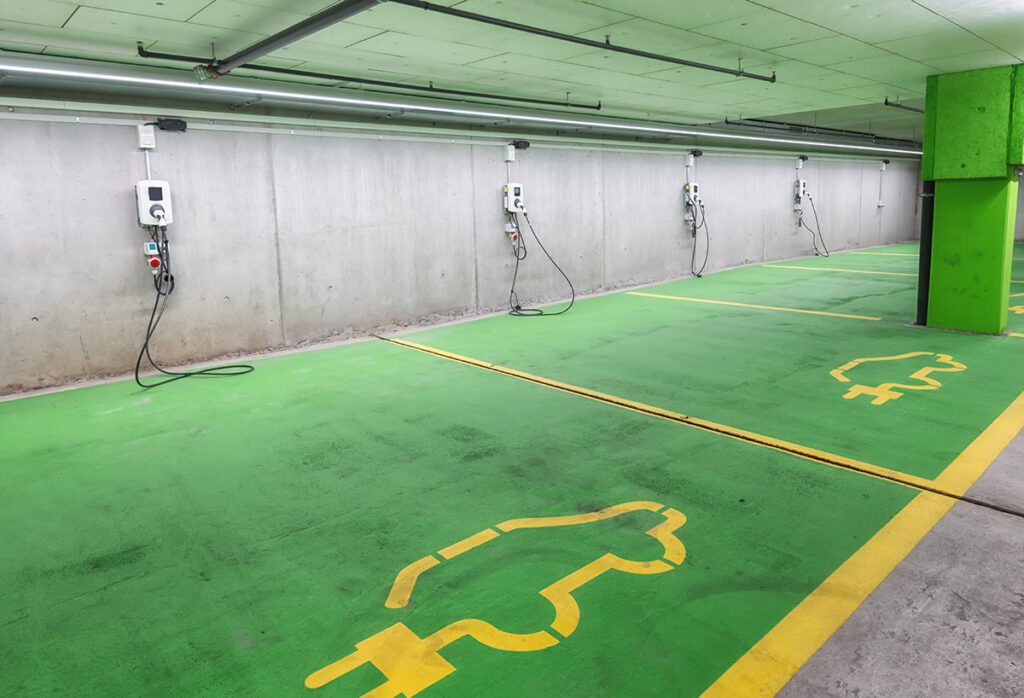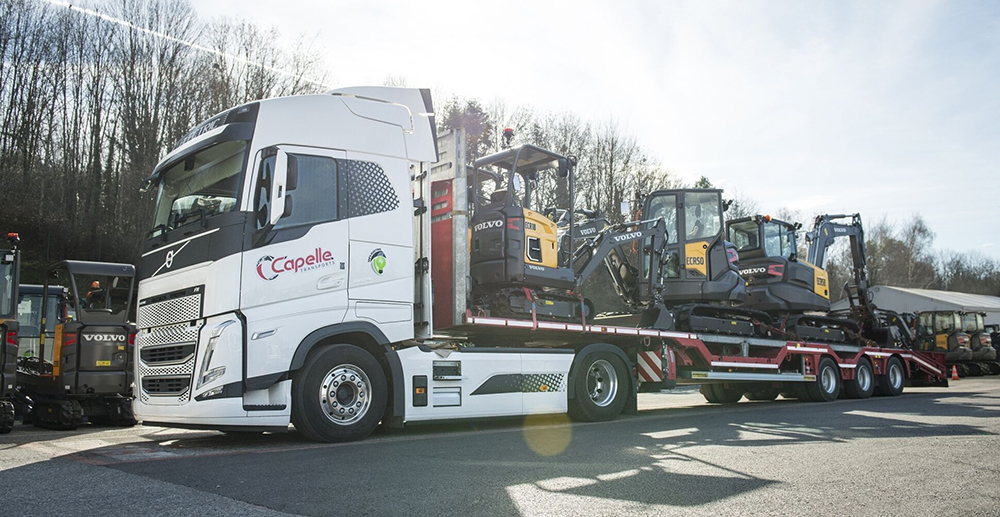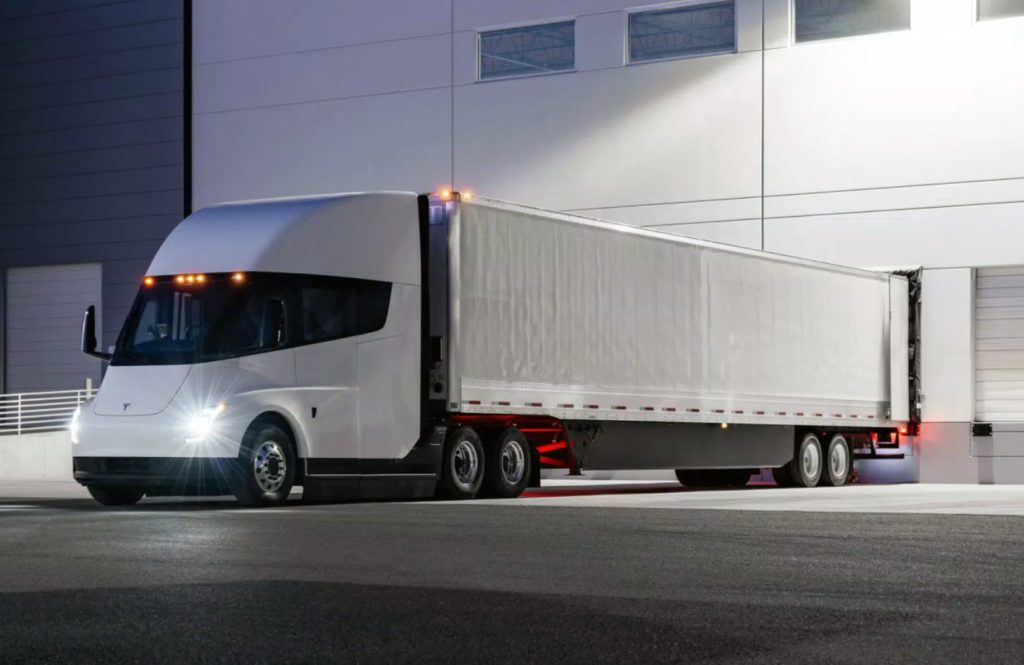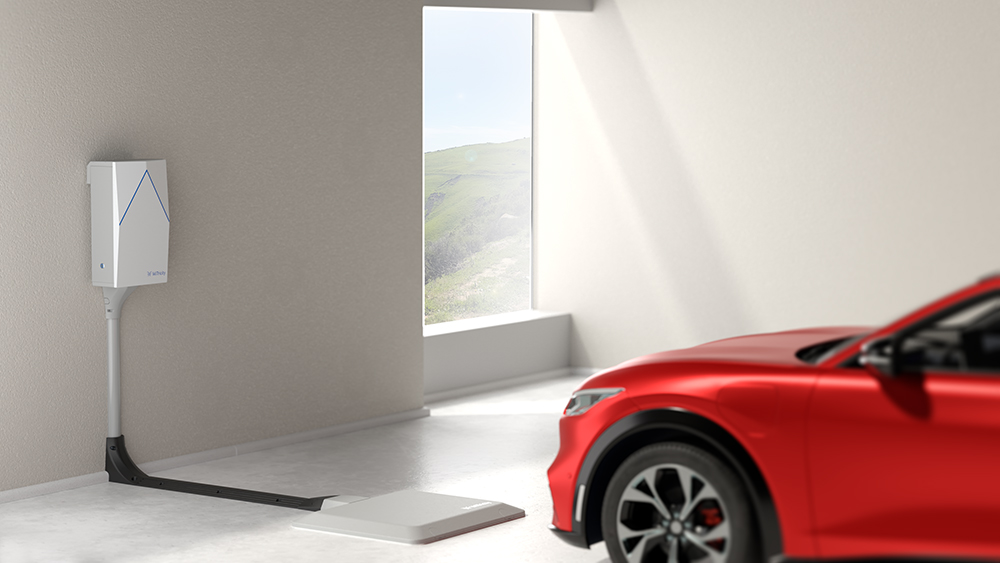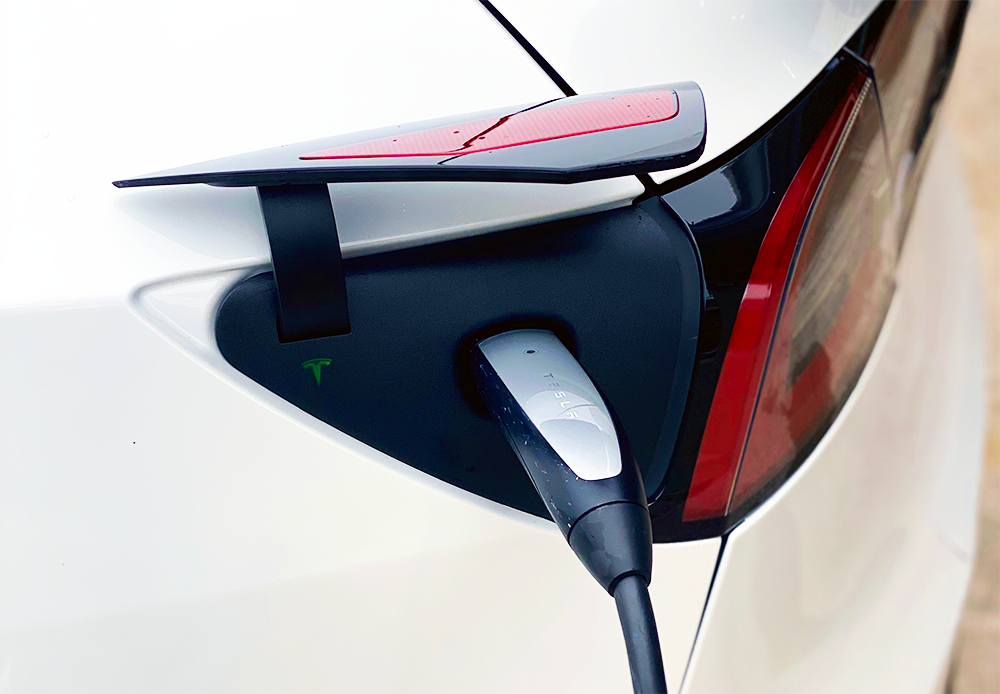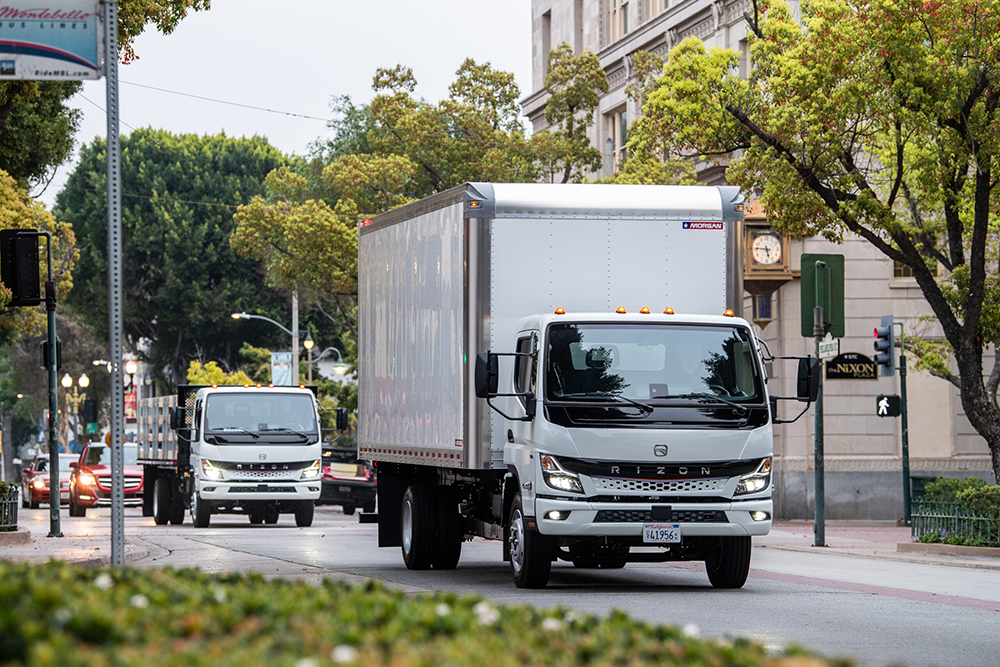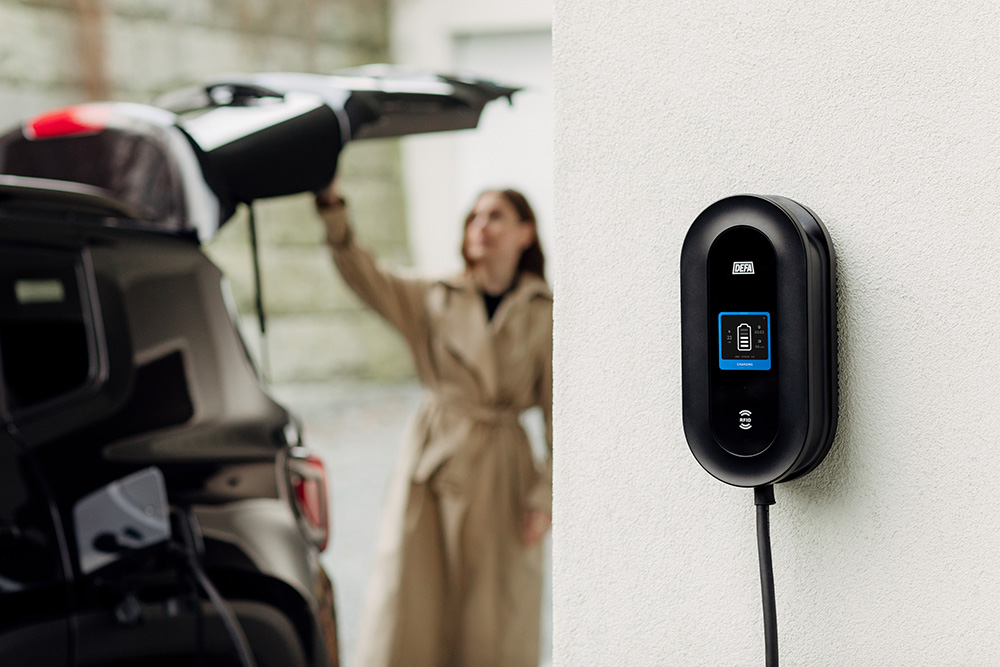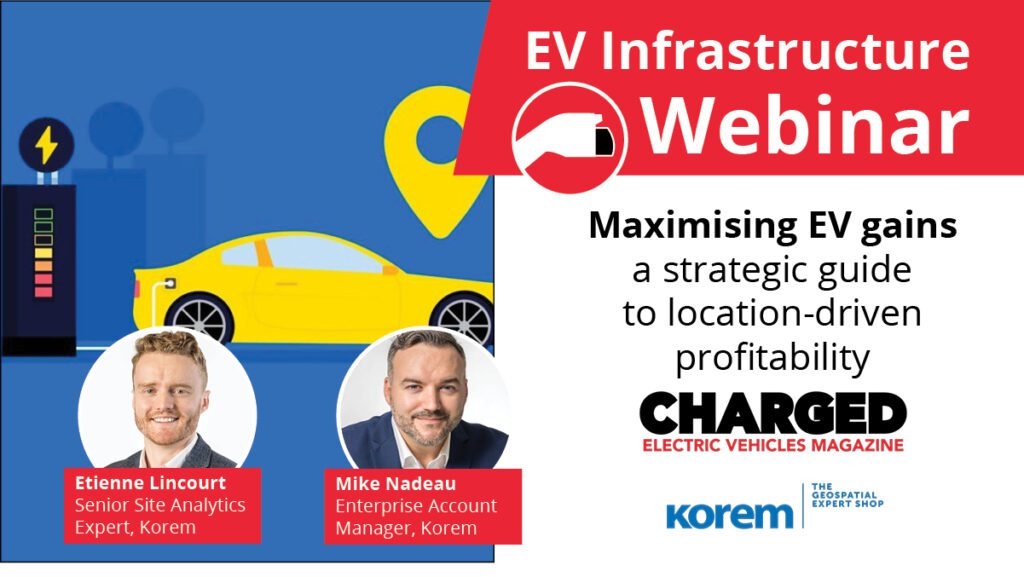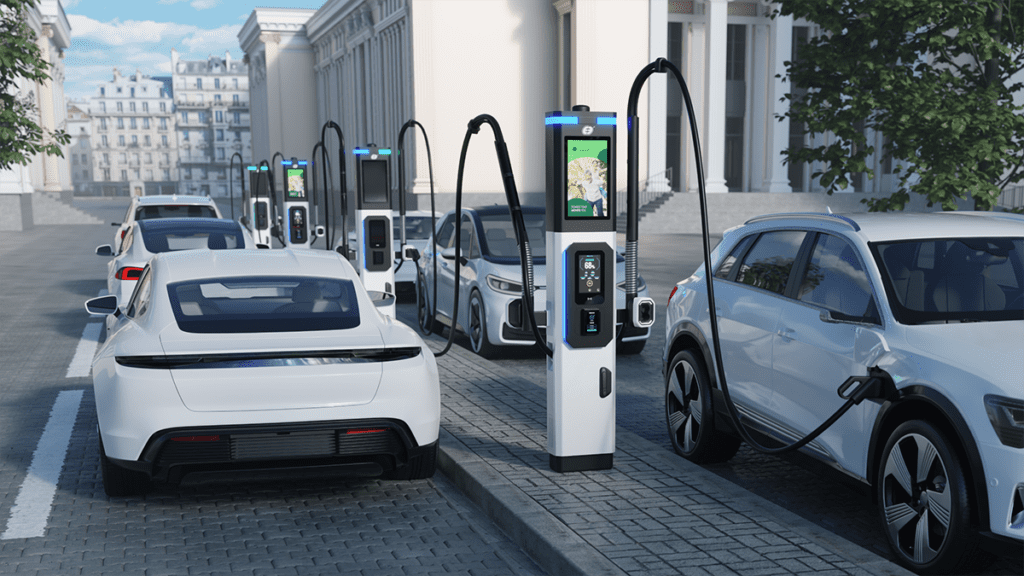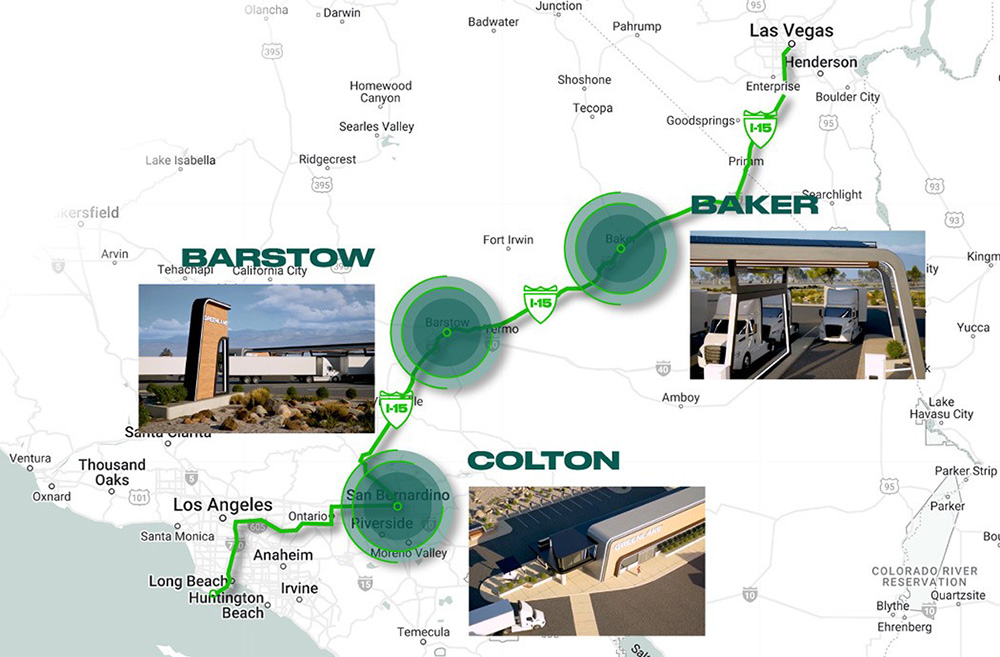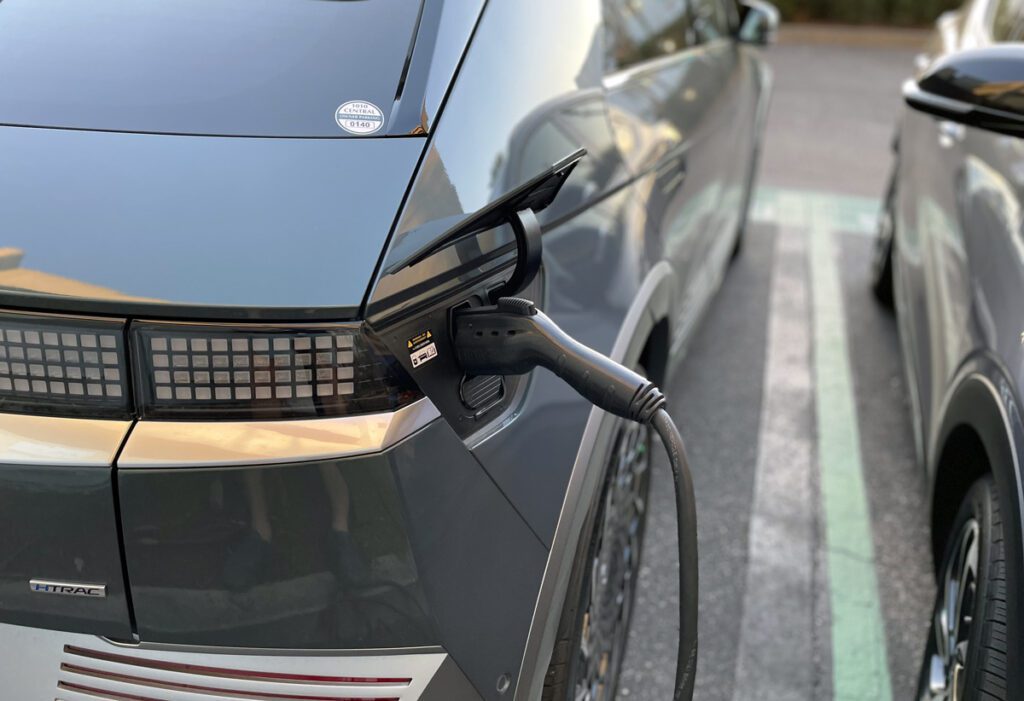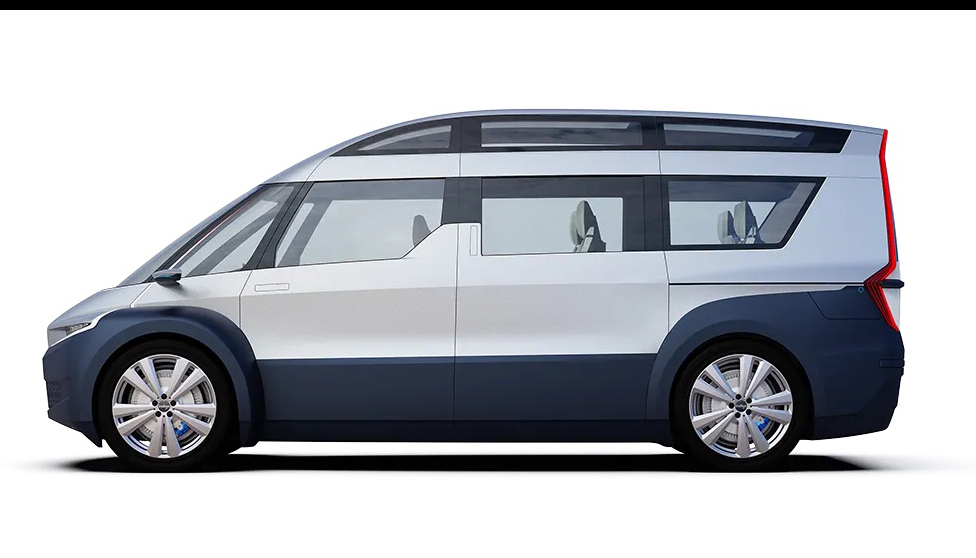The doleful reliability performance of public EV charging infrastructure isn’t news to anyone, and charging providers and government regulators are working to identify the problems and address them. However, as Canary Media reports in the second installment of a three-part series on public charging, one of the metrics that the white hats are relying on may not give an accurate picture of reliability issues.
The Bipartisan Infrastructure Law includes reliability requirements for federally funded projects. Specifically, public EV charging stations must deliver 97 percent “uptime.” That’s a laudable goal, but the way federal regulations define “uptime” is pretty simplistic: if a charging station operator’s remote monitoring system indicates that a charger is powered and ready to deliver a charge, it is considered to be “up.” But this doesn’t guarantee that an EV driver will be able to charge, much less charge at the advertised rate.
“The uptime requirement…is widely recognized to be necessary but not sufficient,” John Smart, Director of the National Charging Experience Consortium (ChargeX), told Canary Media.
Finding better ways to enforce reliability standards may be a tall order. It’s not clear whether the Joint Office of Energy and Transportation, which oversees federal EV charging funding, has the authority to require anything beyond “uptime” as currently defined. Furthermore, charging operators don’t share data on charger reliability with government agencies or regulatory bodies in a comprehensive way.
“We do not currently have great insight into how reliable the stations actually are, nor do we have good insight into the root causes of the problem when they are not working,” Sarah Hipel, Standards and Reliability Program Manager at the Joint Office of Energy and Transportation, told Canary Media.
In the absence of any comprehensive approach, various industry players are relying on anecdotal evidence to identify the causes of charging station failures, and “chipping away at the problem from different angles,” as Canary puts it.
Here at Charged, every interview with a charging industry player includes a question about why operators can’t seem to keep their chargers working. One theme that comes up often is the fact that a typical installation tends to involve so many different companies (hardware manufacturer, installer, operator, site host, utility, etc, etc, etc).
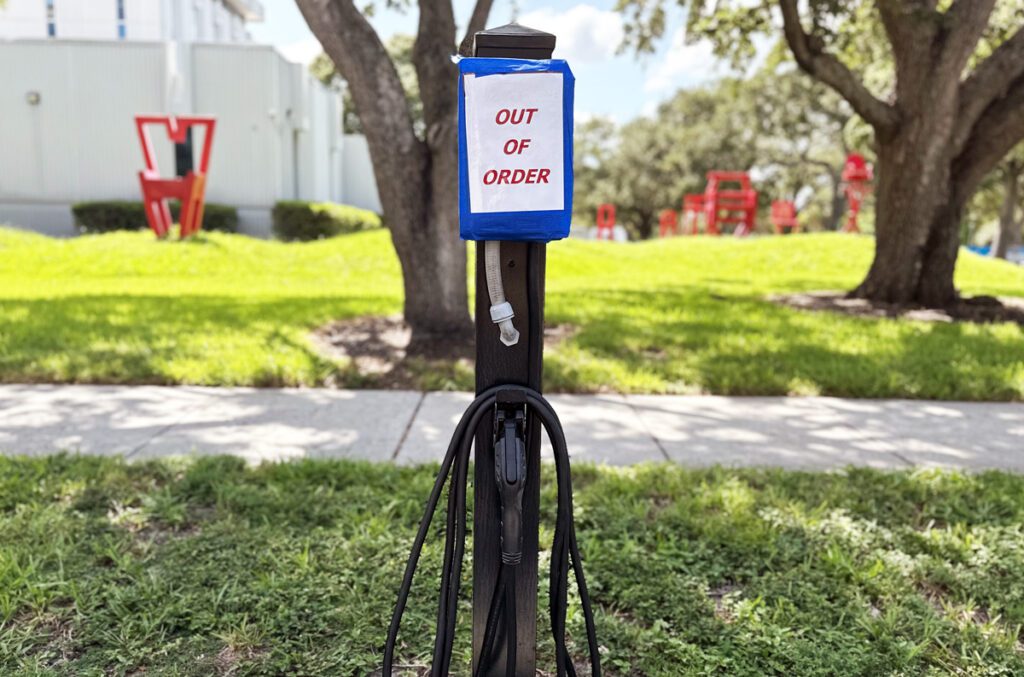

“There are multiple stakeholders involved in making things work together,” said EV Connect COO Seth Cutler, who contributed to a a recent white paper from installer network Qmerit, which diagnosed the top reasons for public EV charging problems. That divided responsibility can make it hard to diagnose the root cause of problems, Cutler told Canary.
An industry-standard set of error codes would be a good start. That’s what ChargeX proposed in a recent report, Recommendations for Minimum Required Error Codes. ChargeX industry participants ABB and EVgo demonstrated some of the error codes during the recent CharIN Testival in Ohio.
“Our data today does not tell you what the problem is,” said Bill Ferro, a ChargeX member and CEO of EVSession. “We [often] do not have enough information to tell you whether the payment system is out, if the pin in the connector is damaged, if the screen is blank, or if it’s the vehicle’s fault.”
Charging providers are taking various measures to improve the reliability of their offerings. Some are voluntarily introducing metrics that give a more detailed picture than the limited definition of “uptime” used by the BIL. EVgo Senior VP Sara Rafalson told Canary that her company uses a “one and done” metric. “If a customer shows up, are they going to get what they came for, which is a successful charge?”
The California Energy Commission will collect data on public chargers in the state, and set “uptime recordkeeping and reporting standards” for chargers receiving state funding, starting in 2025. Those rules are expected to require far more detailed data than what federal agencies are collecting today.
Source: Canary Media

















































